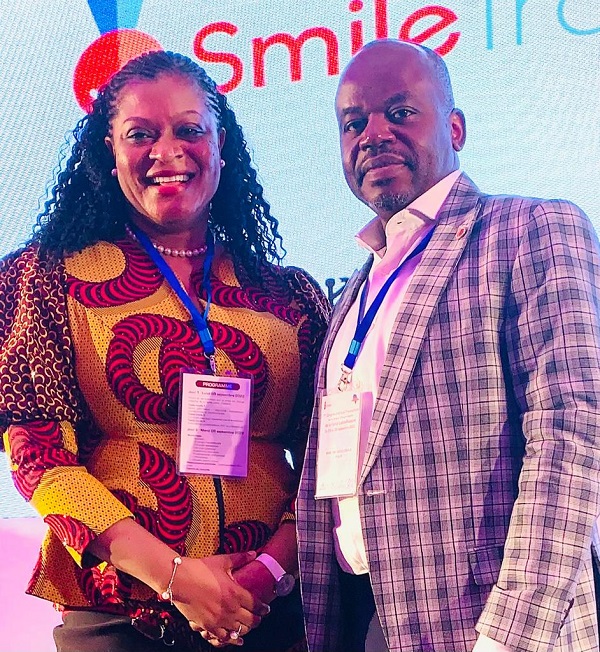
The world’s largest cleft organisation, Smile Train, has called for more collaboration to elevate quality cleft care in Francophone countries across Africa.
Speaking during the inaugural three-day Francophone Cleft Congress held in Rabat, Morocco, Smile Train’s president and CEO, Susannah Schaefer noted how a lack of access to safe and timely cleft surgery and comprehensive cleft care affected many patients in underserved communities. She called upon the attendees to leverage the conference as an opportunity to share knowledge and identify ways to advance quality care in their local communities. “Across Africa, we are seeing a greater demand for innovation and empirical data continues to inform our programmes. We are always seeking opportunities for collaboration with governments, institutions and partners to invest in surgical care, capacity-building and research. I encourage us to continue to use our influence to build sustainable, comprehensive cleft care that will meet our patients’ needs and help them fulfil their potential.”
The event was graced by the Minister for Health and Social Protection, Kingdom of Morocco, Mr. Khalid Ait Taleb who noted that: “We welcome collaborations with Smile Train and development partners who are invested in ensuring that children receive free, safe and quality surgical care.”
Also officiating the event was the chairman of Smile Train’s global medical advisory board, Dr. Larry Hollier who underscored the return on investment in providing safer surgery. He encouraged more innovation and research to advance the standards of surgical service delivery reaching vulnerable groups.
“Francophone Africa is a diverse multicultural territory with a population of over 264 million people spread across 23 French-speaking countries. There hasn’t been much attention to a regional approach to cleft care significantly due primarily to the language barrier. We also noted that for every $250 spent on treating one patient with a cleft, it ploughed back as much as $50,000 to the economy. This gives us greater conviction in the investment in safe and timely cleft surgery,” noted Dr. Hollier.
Approximately 13,150 babies are born with cleft annually in Francophone Africa. To date, Smile Train has successfully treated over 31,000 cases of cleft and there is still a huge backlog of patients with unrepaired clefts. Smile Train continues to invest in research, and this is being done through in-person workshops, online sessions and mentorship leading to the creation of cleft-related research work to inform policy in the region.
A statement by Smile Train’s public relations and communications manager, Africa, Emily Manjeru said the organisation has active cleft care programmes in 41 countries across Africa, with more than 245 partners and over 255 partner hospitals across the continent.
“Smile Train has made strategic investments in education and training including collaborating with Scottish Charity KidsOR, the College of Surgeons of East, Central and Southern Africa (COSECSA) and the West African College of Surgeons (WACS) to provide scholarships in various categories. Recently, Smile Train has broken ground in Ghana for Africa’s first cleft leadership centre to build the capacity of cleft professionals to dispense global standards of care at the local level,” it added.


